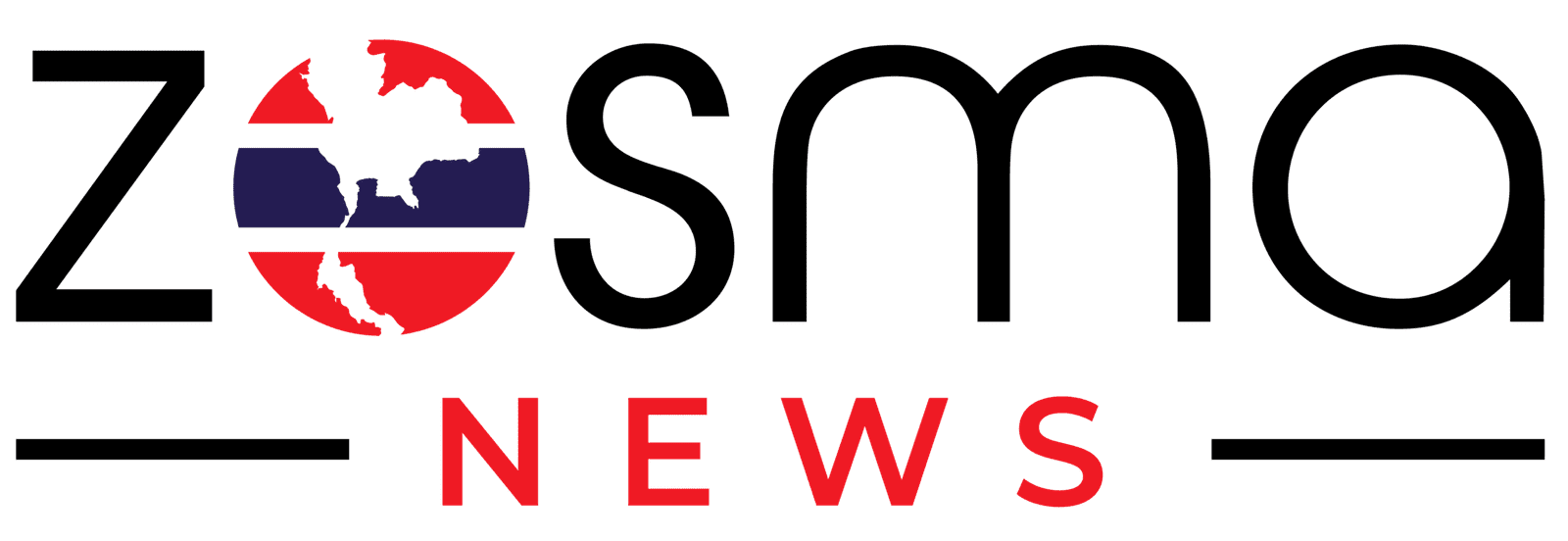The United States is preparing new export rules that could restrict shipments of high-performance Nvidia AI chips to Thailand and Malaysia, a move that could shake up Southeast Asia’s growing data infrastructure industry.
According to Asia Times and Tom’s Hardware, the proposed regulation would require U.S. companies to apply for government licenses before exporting certain AI chips — including Nvidia’s powerful H100 models — to firms operating in the two countries. The measure is part of a broader push to prevent advanced technology from reaching Chinese hands through indirect channels.
Washington is increasingly concerned that China has been using Southeast Asian nations as backdoor routes to access restricted U.S. chip technology. Reports have surfaced in recent months of Chinese firms renting servers in countries like Malaysia and transporting data via physical drives, effectively sidestepping direct export bans. With Thailand and Malaysia acting as regional tech hubs for chip packaging, server deployment, and cloud computing, U.S. officials are now tightening scrutiny on where these chips might ultimately end up.

Washington’s proposed export controls could reshape chip access in Southeast Asia Photo Courtesy ZOSMA News
Although the rules are still in draft form, their impact is already being felt. Companies involved in AI, data center development, and cloud services are bracing for increased costs, longer lead times, and potential uncertainty over hardware availability. Exporters and tech vendors may soon need U.S. government clearance for every shipment. For local tech firms in countries like Thailand — many of which rely heavily on Nvidia’s chips for AI model training and scaling services — this could mean slower growth or disrupted development plans just as the region begins to gain momentum in digital transformation.
Some sources cited in W.Media suggest the U.S. may offer exemptions or “safe licenses” for certain trusted partners, especially multinational companies already operating in the region. These waivers would aim to preserve global supply chains without undermining national security objectives. Still, for developing economies trying to attract investment and foster innovation, the uncertainty adds another layer of complexity to an already challenging tech landscape.
This latest move comes amid heightened U.S.–China tech tensions and builds on a series of earlier restrictions that targeted direct AI chip exports to China. Now, with this expanded regional focus, Washington is aiming to plug potential loopholes that may have allowed restricted technologies to reach China through indirect routes.
Thailand, which has ambitions to become a leading AI and digital innovation hub, finds itself caught in the crosshairs of this shifting global strategy. Just last week, the World Bank cut its 2025 growth forecast for Thailand, citing weak exports and external risks — further underscoring the economic fragility that could be exacerbated by disruptions in the tech supply chain.
The U.S. Commerce Department has yet to confirm when the new export rules will take effect. In the meantime, officials in both Thailand and Malaysia are reportedly awaiting formal communication before making any public statements. With regulatory details still unclear, Southeast Asia’s tech sector is holding its breath — watching closely as this next chapter in the global chip war unfolds.






